Big Changes (Moving to Hawaii)
A lot of people already know and now that it's almost here, I thought, I'd write a little about the big change coming up in my life: moving to Hawaii. For a year. Almost an entire 12 months. Yes, I can barely grasp that myself. Just a few more days of holidays at my parents' and then it is off to the opposite side of the planet. But of course I won't be there on holidays but I will be working on my thesis to complete my Master's program a the University of Gothenburg. So how did I get to this?
About one year ago, I began my Master's studies at the University of Gothenburg in Sweden in Marine Science (MSc.) with a focus on marine chemistry. The original plan was to stay for the entire two-year program but when I began looking for thesis projects, it became evident that there would not be a project in the specific area I wanted to work on in Gothenburg. So I began looking around for other research groups and came across the laboratory of Prof. Brian Glazer at the University of Hawaii at Manoa. And he actually agreed to host and supervise me for a thesis project.
Research work at sea:
Now the big move is ahead and I am very excited but of course there is also a sad side to it with leaving Gothenburg. After ten months I had just begun to really feel at home, know the area and formed good friendships. And Gothenburg is a wonderful city! It is the perfect place for me with so many parks, water bodies, and forests right in the city, not to speak of the wilderness and the archipelago just outside the city borders. And of course the university, my study program and the community of students are just amazing. It takes a while to get to know a new area, so it is a bit of a pity to leave just yet.
To mention just a few highlights of my favorite places in and around Gothenburg, there would be Jonsered with the adorable white- fronted dippers (see my blog on them here) and Torslandaviken, a lake just west of Gothenburg full of bird life including the little ringed plovers that let me take a few amazing images this spring. Then of course there is the beautiful granite boulders of the Swedish west coast and just next to the university building were I studied the botanical gardens and Änggårdsberget nature reserve. I will surely miss Gothenburg, but most importantly of course my friends and family here in Europe.
A few images taken during the past year in and around Gothenburg:
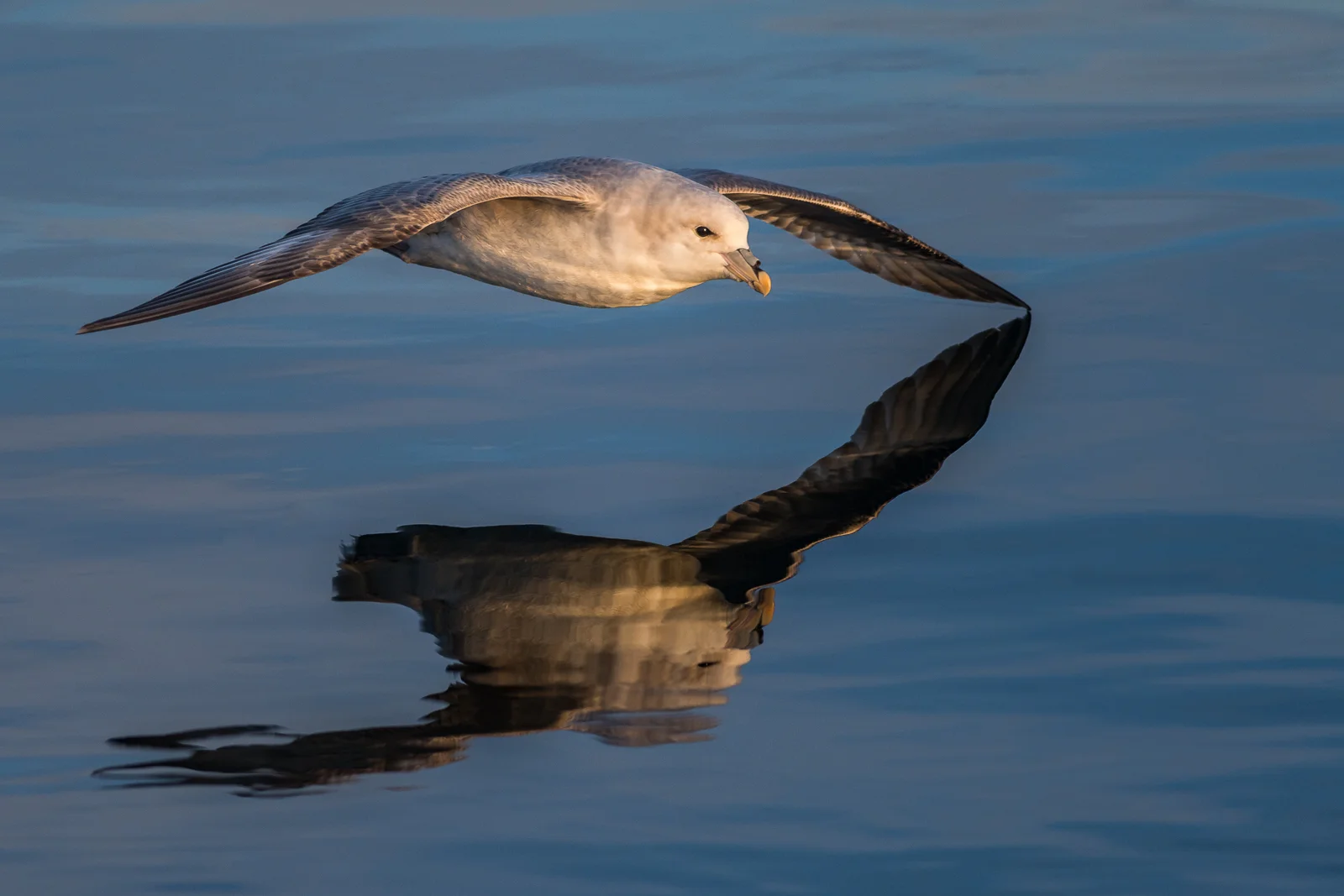
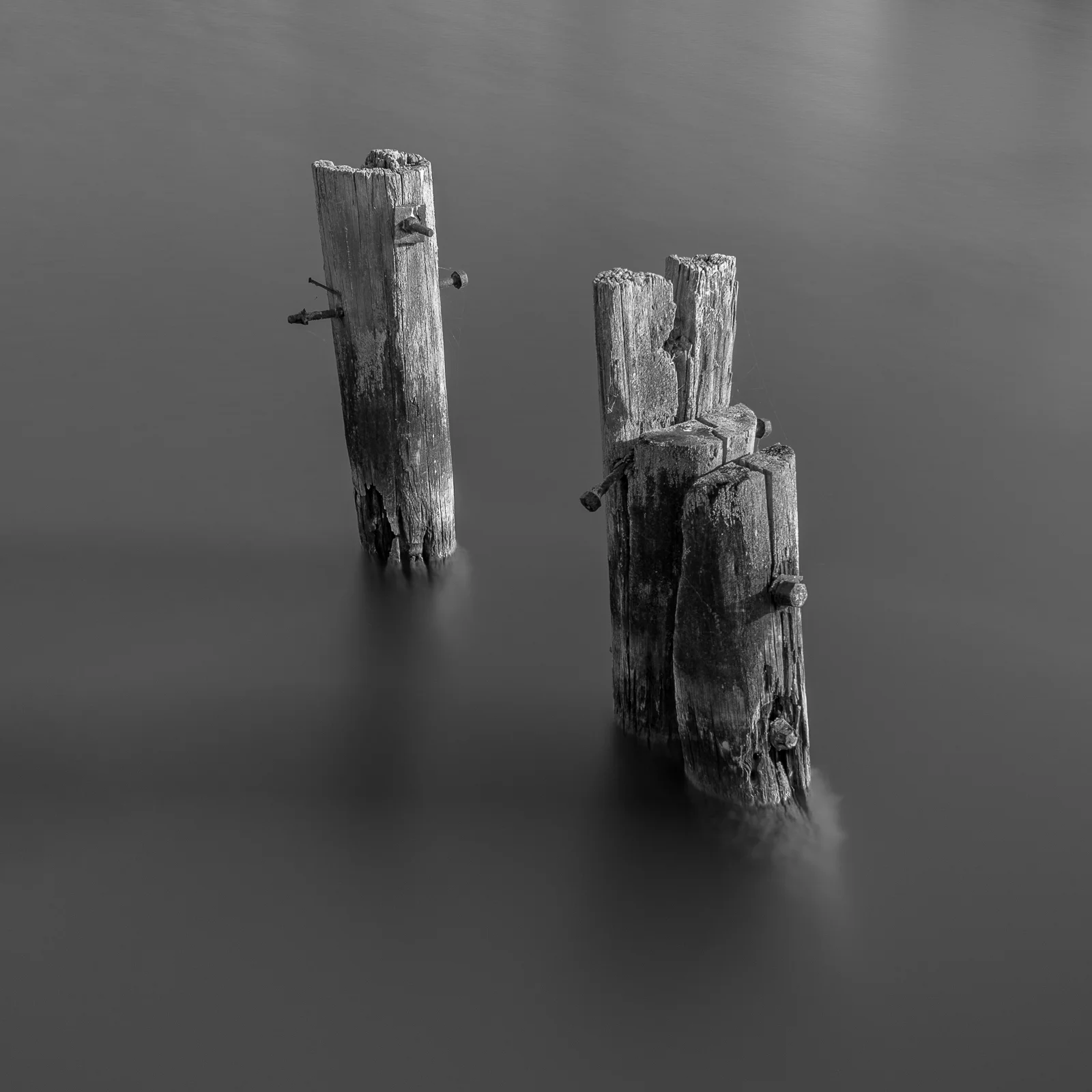

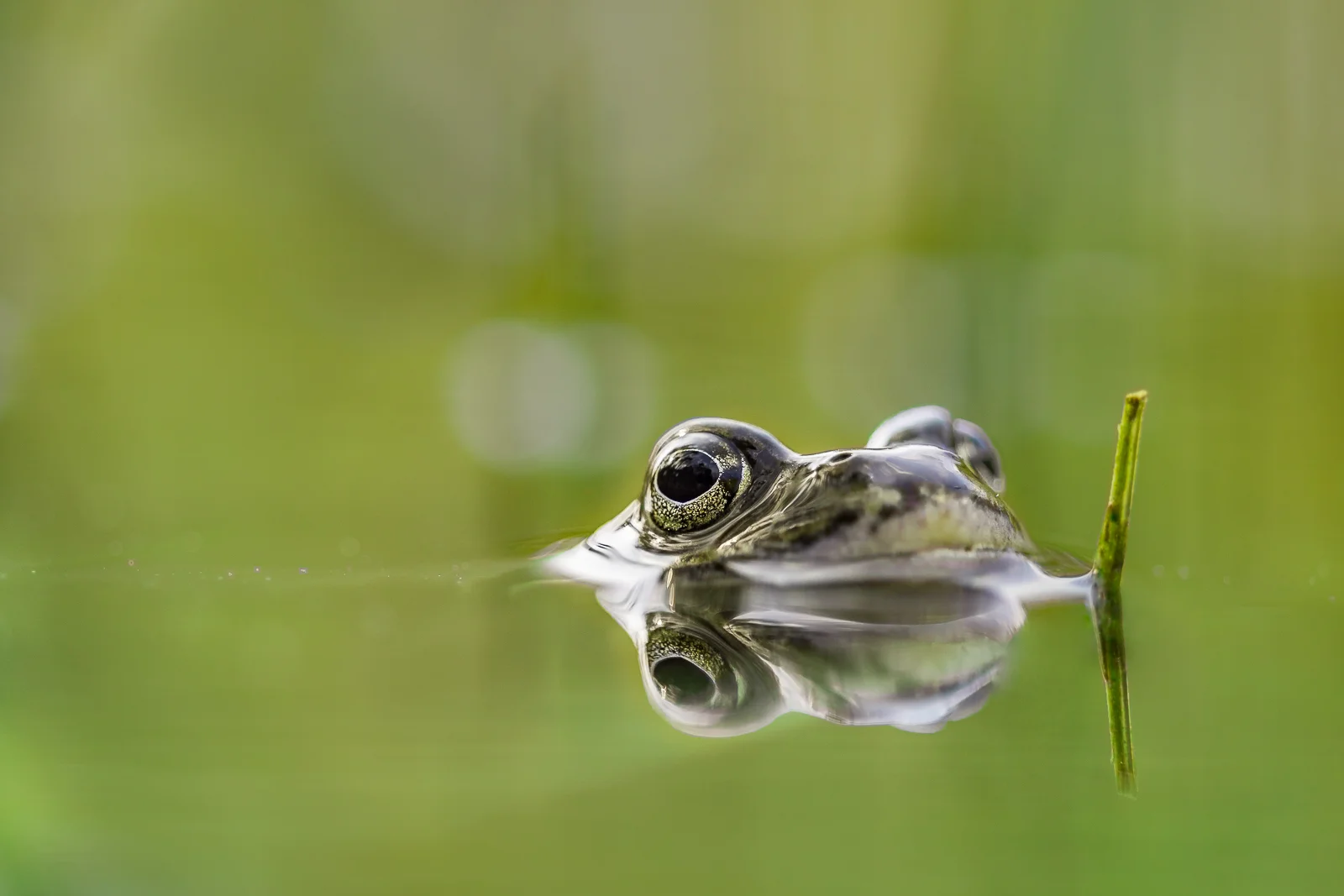

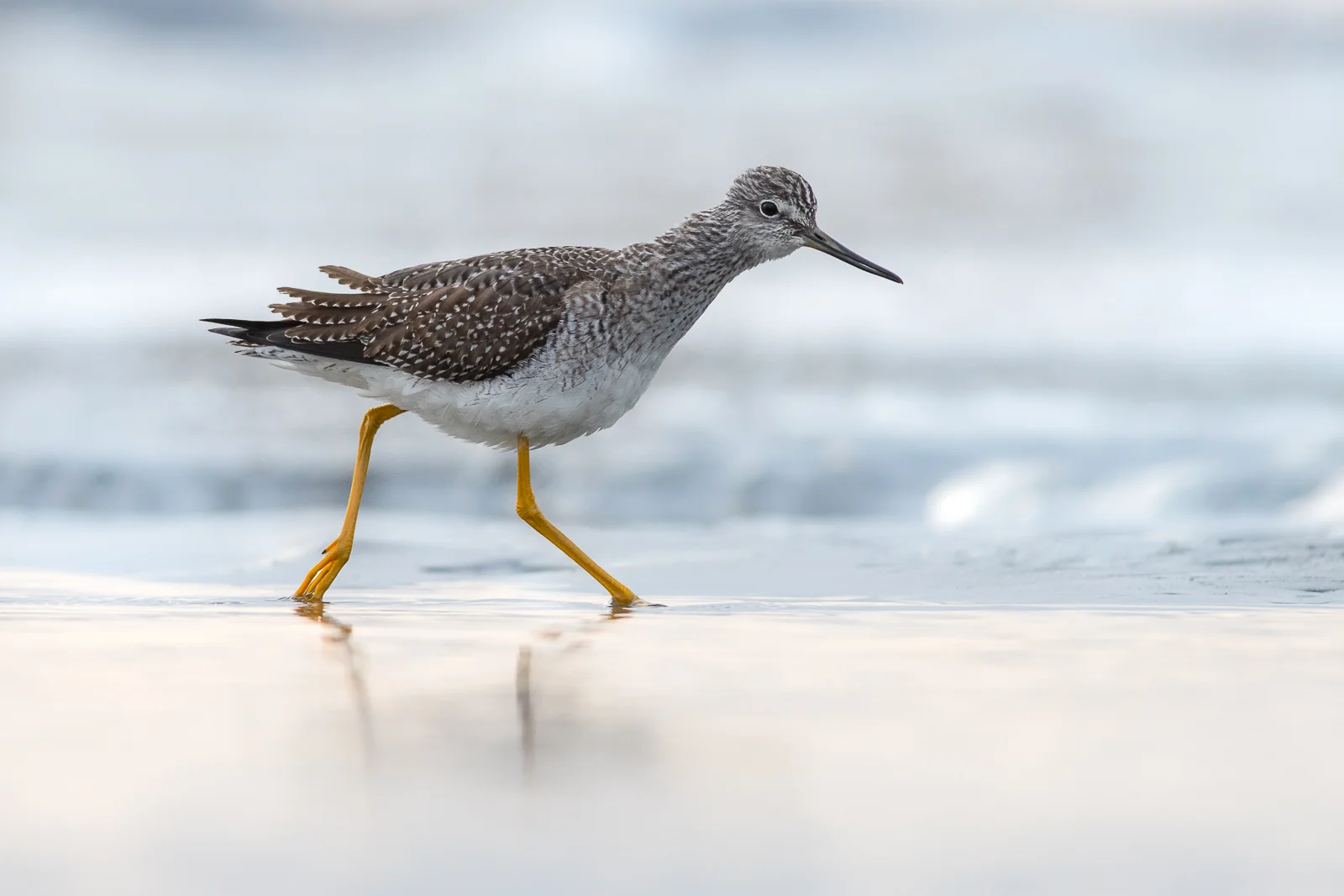


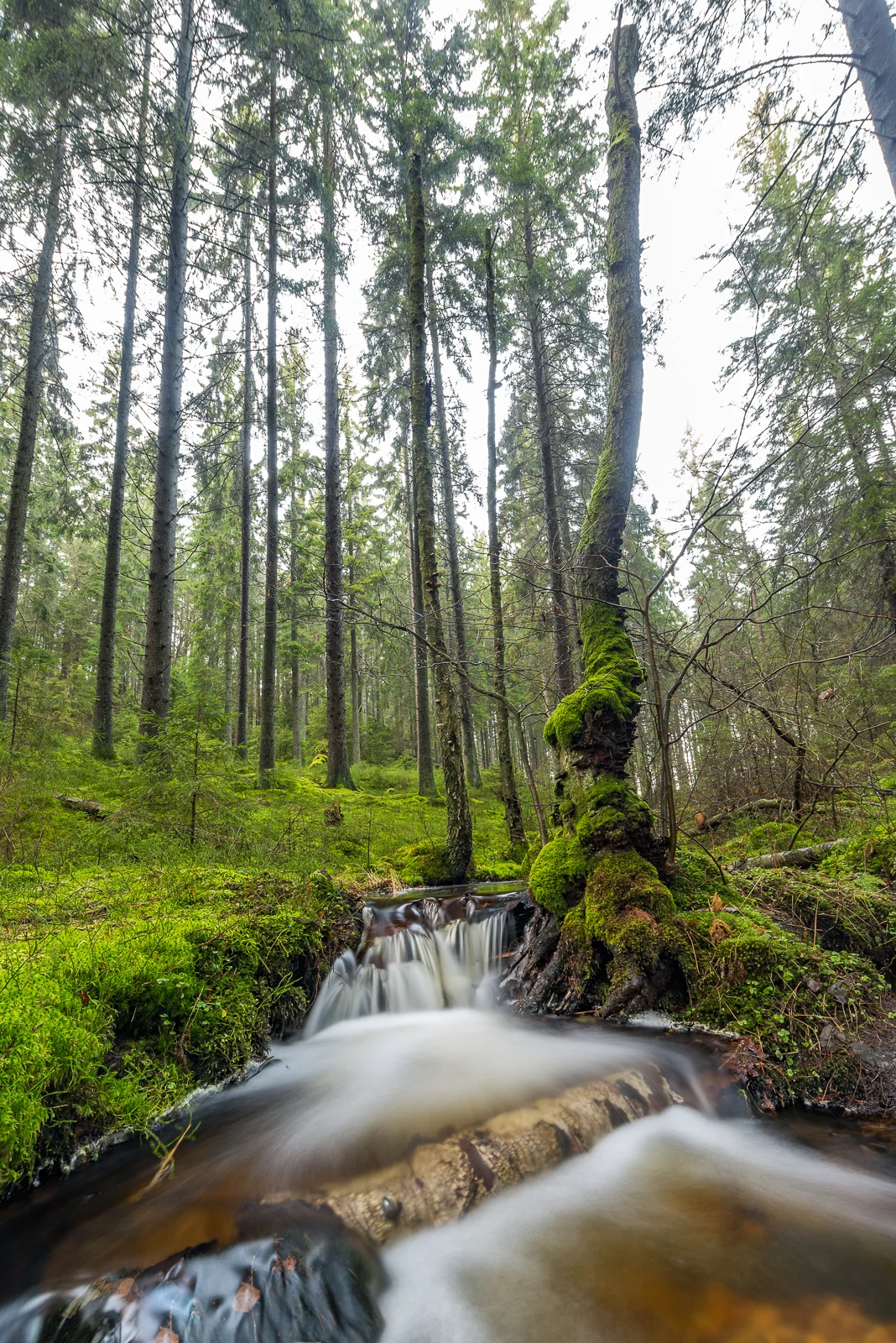

But I can hardly complain about that. I am sure that living on Hawaii will be an amazing experience particularly since I have so far largely lived and traveled only in northern areas with limited experience in southern Europe. Apart from the research cruise in the Pacific Ocean in 2016/17 where I hardly saw any land (see my blog about that here), I have not actually been outside of Europe ever before. And so I got to have the "pleasure" of going through a visa application for the first time in my life. I come from Germany and bureaucracy comes right after cars and beer for us. But astonishingly nothing I ever had to do with in Germany remotely compared to the mountains of paperwork you have to complete to get a visa to the country of the wild and free. Apart from that there were of course also other challenges like finding a room and funding for this project (living on Hawaii is not cheap and my parents can't pay for that). But I somehow managed to get it all sorted so now I'm free to go with the only challenge remaining being a 24 h flight in an economy seat (I am almost 2 m tall) and learning American units. Oh and battling that nasty little cold that I of course had to get just these few days before departure.
Of course I will occasionally write updates about my life in Hawaii, my research work and the photos I will make over there.
Because this website is mostly focused on my photography, I decided to only put a small description of my planned research work at the end of this blog for interested people. So what will I actually do? My research topic are diurnal biogeochemical cycles in a seawater-fed pond characterized by anoxygenic photosynthesis. This means that there are organisms that use the sunlight to build up organic material similarly to plants and algae but with the difference that they do not produce oxygen during this process. This creates a unique environment of very low oxygen concentration and studying such a system may give valuable insight into the early development of photosynthesis in earths history and the processes present also in other systems characterized by extreme oxidation/reduction gradients like for example hydrothermal vents at the seafloor. My focus will be determining the oxidation partners involved in this particular system and how these photosynthetic processes change the chemistry of the water during day and night as sunlight is present or absent. I find this a truly fascinating topic and I am of course more than happy to be able to work in an area that is actually interesting to me at a place like this.
